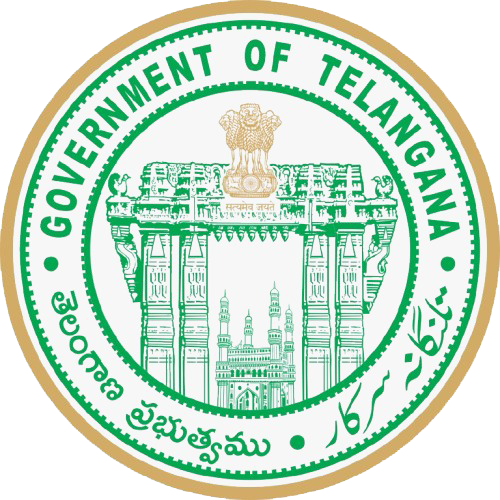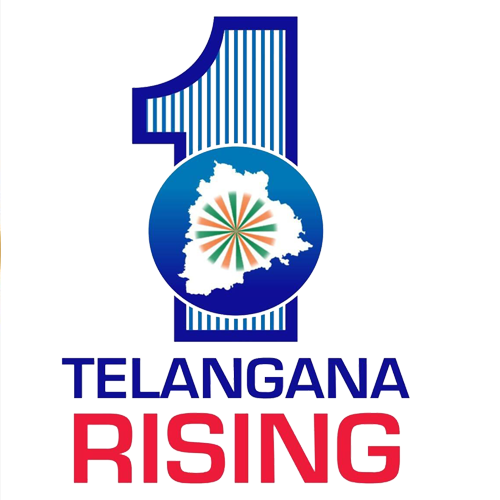Welfare Activities
Prisoners Panchayat System
Prisoners Panchayat Boards are established in all Central Prisons, Open Prisons, and District Jails to foster a sense of responsibility and self-governance. In central prisons and prisoner agricultural colonies, the board consists of elected convicted prisoners, whereas in district jails, undertrial prisoners are also included.
Convicted prisoners with at least six months remaining in their sentence are eligible to contest elections. However, those convicted of serious moral offenses such as rape, dacoity, and robbery are prohibited from contesting.
The board, headed by the Prison Superintendent, regularly reviews various aspects of prisoner welfare, including:
- Diet and nutrition
- Sanitation and hygiene
- Recreational activities
- General welfare programs
Vocational Training
To make the lives of prisoners more meaningful and productive during custody and after release, various vocational skills are imparted. Long-term prisoners are given opportunities to acquire skills in different trades, while short-term prisoners receive training in practical fields such as masonry, plumbing, electrical wiring, house wiring, and nursery management.
Renowned organizations and government programs, including the National Academy of Construction (NAC), the Mission for Elimination of Poverty in Municipal Areas (MEPMA), SBI-RSETI (Rural Self Employment Training Institute), and Jan Shikshan Sansthan (JSS), provide skill training to inmates to enhance their employability.
Recreation Facilities
Prisoners have access to recreational facilities, including television, radio, and newspapers. Indoor games are available in all prisons, and larger prisons also feature library services.
Sports and cultural competitions are organized on national holidays such as Republic Day, Independence Day, and Mahatma Gandhi Jayanti. Additionally, Prisoners’ Welfare Day is celebrated on Mahatma Gandhi Jayanti, featuring various cultural programs for inmate engagement and enrichment.
Educational Facilities
All illiterate prisoners receive basic education, including literacy and numeracy skills, under the department's motto, “Thumb in – Sign out.”
Central prisons provide opportunities for higher education through correspondence and distance learning programs. Institutions such as Indira Gandhi National Open University (IGNOU) and Dr. B.R. Ambedkar Open University (BRAOU) offer courses for long-term convict prisoners to support their rehabilitation.
Special remission is awarded to prisoners who successfully pass examinations and earn degrees.
Diet and Nutrition
Prisoners receive an adequate and nutritious diet based on prescribed dietary standards. Meals, including breakfast, lunch, and dinner, are provided daily. Sick prisoners receive medical diets for supplementary nutrition, and special meals are provided during important festivals.
The children of women prisoners receive a specialized diet that includes milk, eggs, and bananas every day to ensure their proper nutrition.
Medical Care
All the Central Prisons and District Jails are well equipped with prison hospitals with all basic medical facilities. Medical Officer and para medical staff are present for addressing the health issues of the prisoners. Compulsory health screening of all prisoners, routine investigations, out-patient and in-patient health management is done in these facilities. Health relates aspects like prisoner’s diet & nutrition, hygiene, sanitation are being monitored and taken care. Measures which are related to prisoner’s physical health which includes physical activities (PT & Parade), games and sports, and related to prisoner’s mental health like yoga, meditation and psychological counselling are implemented in all prisons. In addition, health camps and vaccination camps are being conducted periodically with coordination from medical & health department.



